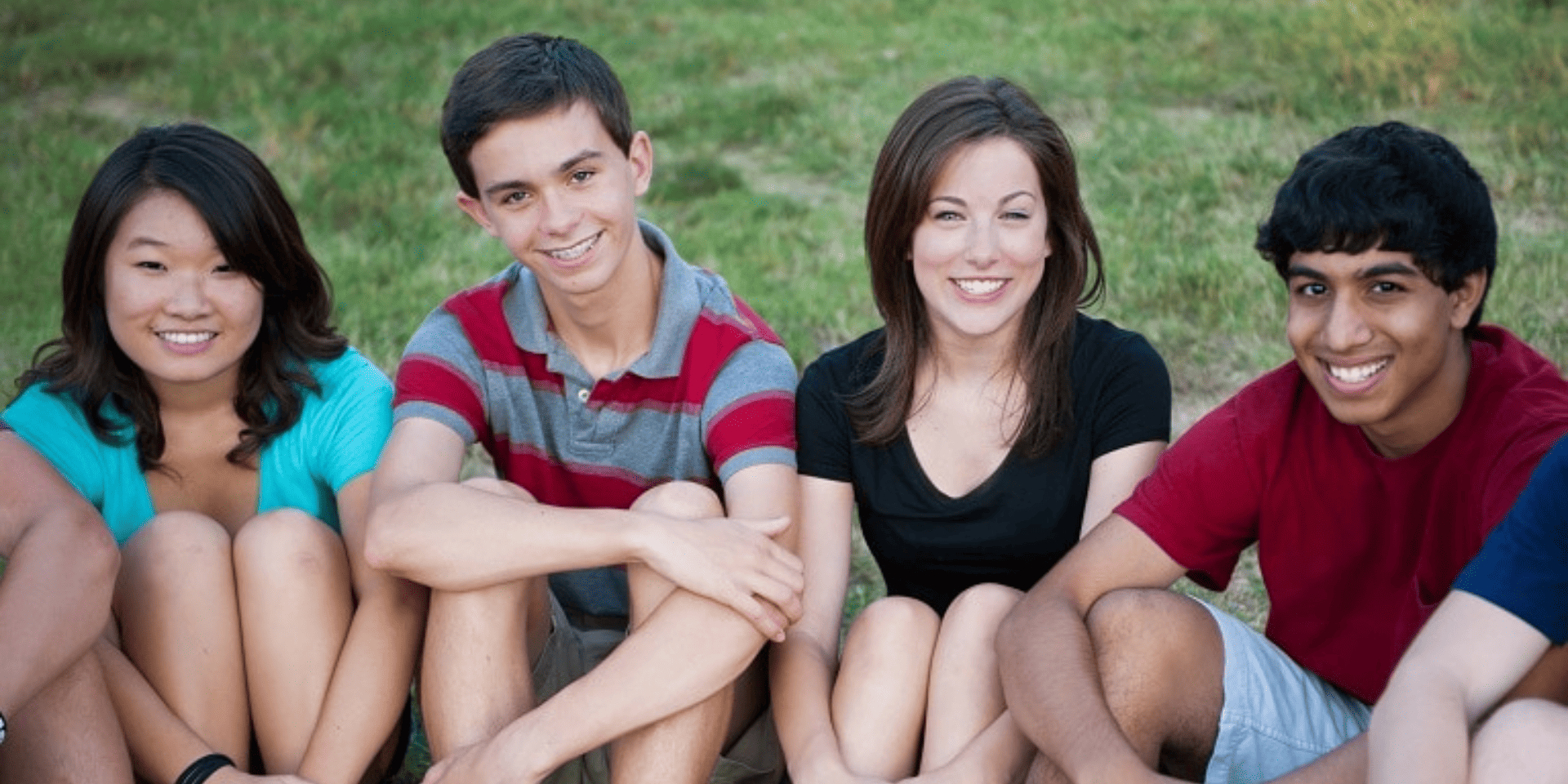
Chickenpox is not usually severe, but the risk of hospitalization and death is increased in teens (adolescents) and adults. Chickenpox may cause complications such as pneumonia or, rarely, an inflammation of the brain (encephalitis), both of which can be serious. About 90 percent of unvaccinated household contacts of an infected person will catch chickenpox. The risk for transmission of chickenpox can be higher for people who are in close contact, such as school-aged children, college students, and students in other post-secondary educational institutions.
Which Teens and Adults Need Chickenpox Vaccine?
- All teens and adults who never received the chickenpox vaccine and never had chickenpox, including those who are unsure
- Adults at higher risk of exposure, including individuals who work in a healthcare setting, school, or childcare setting, (e.g., college students, teachers, and daycare workers)
What Happens When Someone Gets Chickenpox?
- The tell-tale symptom of chickenpox is a rash that develops into itchy blisters over the entire body. The rash can spread into the mouth or other areas inside the body.
- Chickenpox can also cause body aches, fever, and fatigue
- Chickenpox is not usually severe, but the risk of hospitalization and death is increased in adults and adolescents
Why Is Chickenpox Vaccine Important?
- The vaccine reduces the chance of getting chickenpox
- Vaccinated individuals who get chickenpox are likely to experience a milder case than those who are not vaccinated

Is Chickenpox the Same as Shingles?
- Chickenpox and shingles are caused by the same virus. Once the virus causes chickenpox, it can then “hide” in the body. Years or even decades later, the virus can reactivate and cause shingles.
- There is a separate vaccine to help prevent shingles which is recommended for adults age 50 years and older.
Updated February 2023
Source: Centers for Disease Control and Prevention
